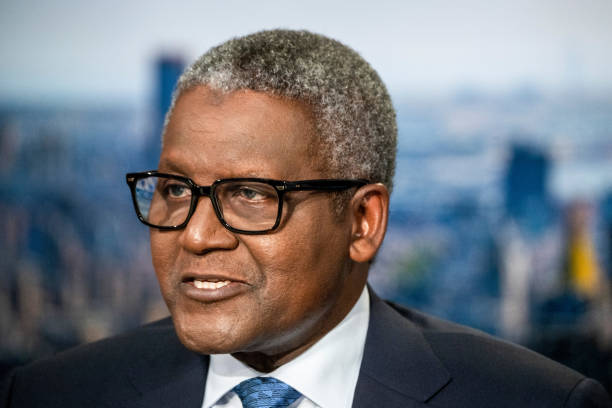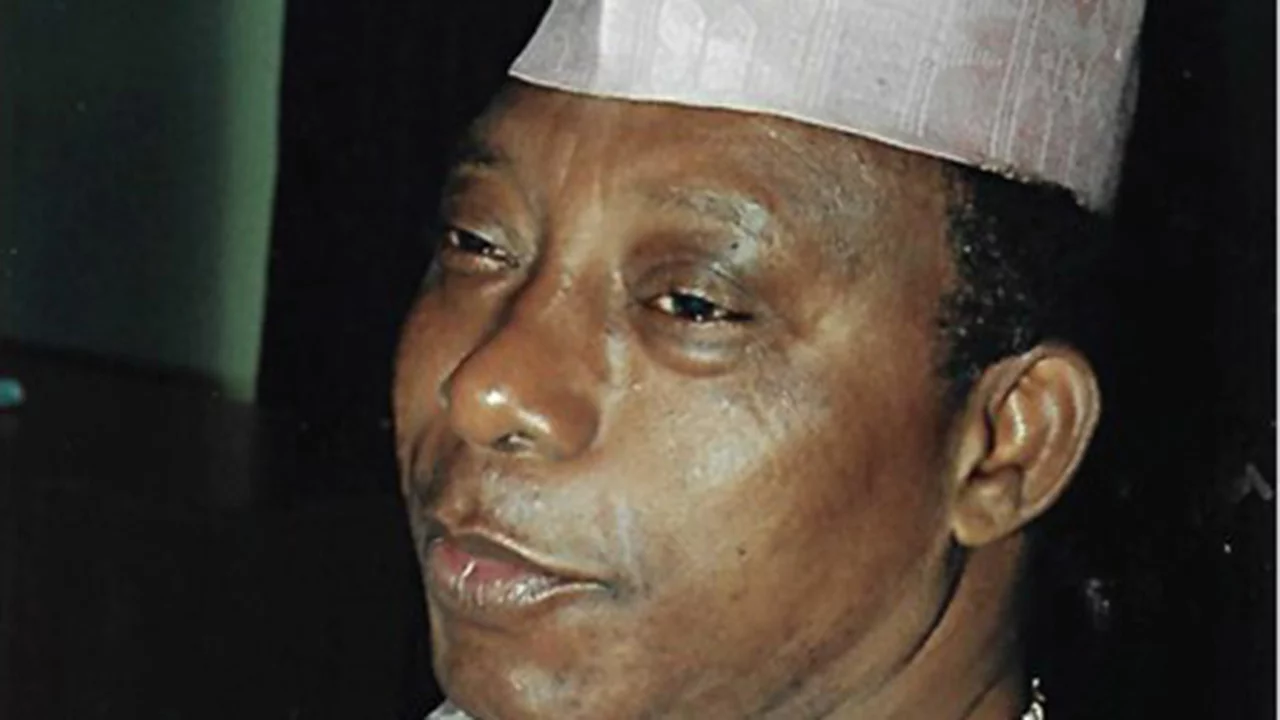
A treatment meted on 26-year-old Abuja-based Mass Communication graduate, photographer, and keyboardist, Peter Nicholas, amounts to grave injustice that once again highlights the systemic abuses inherent in the Nigerian justice system.
Nicholas has languished in prison for 10 months for allegedly committing “intentional insult” against Mike Oluwole, his boss and owner of a photo studio in the Federal Capital Territory. Nicholas allegedly angered his boss when he sent him a resignation text message in October 2023, informing him that he was resigning from his employment.
Offended by the message, which he considered insulting, his boss promptly called the police, leading to Nicholas’s arrest and detention at the Keffi Correctional Centre on a charge of “intentional insult.” Nicholas was locked up alongside 189 other inmates in a tiny, suffocating cell at the correctional facility for a staggering 10 months. He was unable to secure bail because he could not pay the N100,000 (later reduced to N50,000) required to “perfect” his bail.
Nicholas was in a cell with hardened criminals—robbers, kidnappers, murderers, inmates awaiting trial, and those without records. “There was no segregation whatsoever”, he recalled. Nicholas eventually regained his freedom thanks to the intervention of Hope Behind Bars, a non-governmental organisation (NGO). His boss had finally persuaded the police to withdraw the false charge against him.
However, Nicholas’s boss, Mr Mike Oluwole, claimed that contrary to reports, Nicholas stole the studio’s official telephone and admitted to the theft during police interrogation. The issue is not whether Nicholas allegedly insulted his boss or stole a telephone; the issue is the illegality and unconstitutionality of arresting and detaining him for 10 months, initially without trial, and later without bail. According to Section 35 (1) (c) (4) (a) of the Nigerian Constitution, every person is entitled to personal liberty, and anyone arrested or detained, who is not tried in court or granted bail within two months of their arrest must be released, either conditionally or unconditionally. In Nicholas’s case, he languished in prison for nearly a year without trial or bail before finally regaining his freedom. Many others who are not as fortunate are still languishing in various Nigerian correctional centres without any hope, often in appalling and inhuman conditions.
Nicholas was also refused bail for not “perfecting” his bail conditions. However, the right to bail flows directly from the constitutional right to liberty, as guaranteed under Section 35(1) of the 1999 Constitution. While bail conditions are at the discretion of the court, considering the circumstances of the case and the likelihood of the accused absconding, the courts have held that such conditions must not be excessively harsh or punitive. As held in Obekpa v. State, until the guilt of the accused is established by the prosecution, the court should avoid taking steps that appear punitive, including imposing onerous bail conditions. Bail processes should be more liberalised in Nigeria. Conditions for bail should be lenient, with more emphasis placed on the integrity, patriotism, and availability of the surety, rather than on their status or proof of financial means. In many cases, the cumbersome nature of these conditions results in the court effectively granting bail with one hand and withholding it with the other.
Nigeria’s criminal justice system urgently needs reform to improve efficiency in bringing offenders to justice and to bolster public confidence in the fairness of the system. It has been repeatedly echoed that “holding charge” is unconstitutional. If the State has not properly carried out investigations or is not ready to charge a suspect, it should release the suspect pending the conclusion of its investigation or until it is ready to proceed with charges. Keeping a suspect in custody pending investigation under a “holding charge” is illegal and unconstitutional.
Despite some past attempts to reform the Nigerian criminal justice system, significant flaws persist. The system fails not only due to delayed justice but also because of outright injustices, such as unlawful arrests by the police, commonly referred to as “raiding”; the torture of suspects to extract confessions during investigations; the non-availability and non-production of prosecution witnesses; and the failure to apply the legal protocols for the remand of suspects charged with indictable offences. The catalogue of instances of injustice and delayed justice in the criminal justice practice is both alarming and shameful.
A system that pays mere lip service to criminal justice administration will eventually face severe consequences. In the typical Nigerian fashion, policemen conduct mass arrests of “suspects” for crimes that were never committed, or crimes that exist only in the imagination of the officers. There are numerous stories of police rounding off young people, searching their bags, laptops, and other devices, and claiming to find incriminating evidence of criminal activity. Despite the victim’s protests, they are often driven to a police station and told to either pay a certain sum of money or be prepared to write a statement and face charges.
Many Investigating Police Officers (IPOs) have been known to threaten suspects, stating they will keep them “out of circulation” for a long time. These threats are often followed by the filing of trumped-up charges, such as armed robbery, and bringing the accused to court.
Police authorities, the Minister of Interior and the Presidency should muster the political will to revamp the country’s decaying criminal justice system. Concrete steps should be taken to overhaul both the criminal justice and prison systems. The police should release all individuals who are illegally detained in police stations, and the government should release those detained during the #EndBadGovernance protests. Bail for bailable offences should be free of charge, and the police should stop extorting money from suspects before granting them bail.
The government should conduct a case-by-case audit of awaiting trial inmates (ATI), who have been in custody for inordinate period, those held for minor offences, those whose case files are missing, those over 60 years old, those suffering from life-threatening diseases, or those who have been on death row for more than 10 years. Armed with such an audit, the Federal Attorney General and Minister for Justice could launch a massive Prison Decongestion Project aimed at granting freedom to innocent ATI and decongesting the country’s overcrowded correctional centres. More juvenile courts should be established to try young offenders.
Apart from government intervention, public-spirited individuals, NGOs, corporate organisations, churches, mosques, and others should establish frameworks of solidarity to assist prisoners. Lawyers aspiring to offer legal services to wealthy politicians and high-net-worth individuals should also aspire to render such services to the poor, the oppressed, the marginalised, and prisoners or ATI. Nigerian lawyers should remember that the legal profession is a vocation aimed at the proper ordering of society. As Justice Chukwudifu Oputa (of blessed memory) famously stated, the law is “a shield and a fortress against tyranny and oppression.”
Citizen Nicholas’ case as metaphor for inherent injustice

Peter Nicholas
Peter Nicholas





